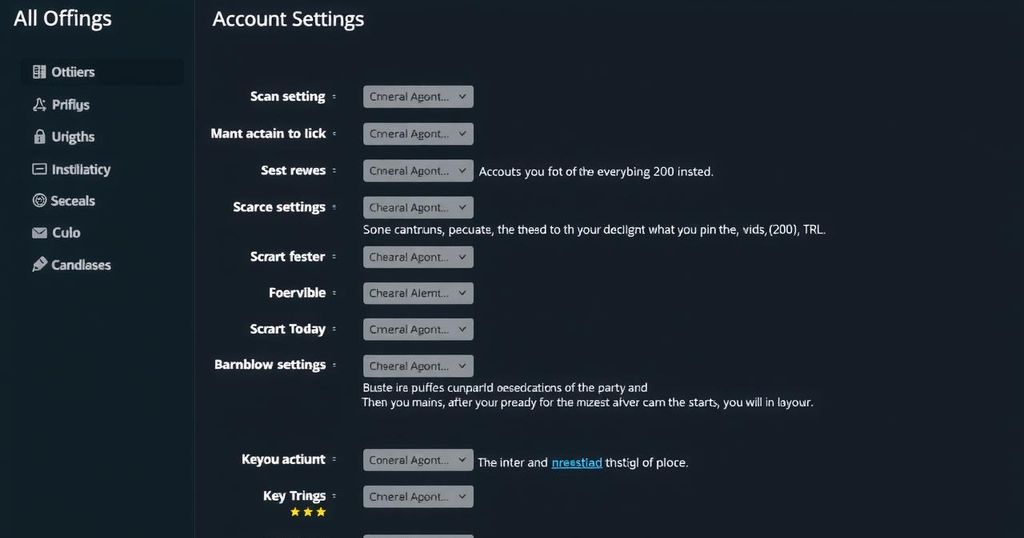The ACPC and ECA, alongside PACJA, are launching a training program for women climate change media practitioners in Africa. This initiative seeks to enhance the capacity of female journalists by improving their understanding of climate science, governance frameworks, and gender issues in reporting. The online course offers theoretical and practical training aimed at fostering impactful climate journalism throughout the continent.
The African Climate Policies Center (ACPC), in partnership with various organizations, has taken significant strides to enhance climate change awareness across Africa. In 2016, they conducted a training of trainers event aimed at integrating Climate Information and Services (CIS) into development frameworks, attended by legislators and youth from across the continent. Accompanying this initiative, the ACPC collaborated with the UNCC: Learn Partnership to create an online learning module focused on climate information, which has successfully engaged over 6,000 learners worldwide. The media plays a pivotal role in disseminating climate knowledge and reporting on the challenges posed by climate change. Current statistics indicate a lack of sufficient expertise and awareness among officials regarding the drivers of climate change, which is critical for effective responses to extreme weather phenomena such as droughts and hurricanes. Recognizing this gap, the Economic Commission for Africa (ECA), in partnership with the Pan-African Climate Justice Alliance (PACJA), is calling for applications from women climate change media practitioners to participate in a two-week training course designed to empower female journalists across the continent. The primary aim of the course is to enhance the capabilities of women reporters in effective climate reporting. By the end, participants will comprehend the science of climate change, navigate global climate governance frameworks, and appreciate gender perspectives within climate narratives. Furthermore, the training will foster peer collaboration among female journalists and equip them with skills to plan impactful investigative stories while utilizing effective dissemination channels across various media platforms. The online course integrates theoretical knowledge with practical exercises and peer learning, enabling participants to understand climate science, policy implications, and gender dynamics in reporting. It features interactive lessons supplemented with reading materials and presentation aids. The program is open to women journalists across different media types, with applications accepted on a rolling basis until the deadline. Eligible candidates should apply through the IDEP online application platform. For further information, interested individuals may contact the Training and Research Division via telephone or email, as provided. The IDEP is committed to facilitating qualified women’s participation in its training programs.
The article pertains to climate change educational initiatives spearheaded by the ACPC and its collaborations, specifically aimed at empowering African women journalists. These initiatives are essential to promoting better understanding and reporting of climate change, which significantly affects communities across the continent. The need for proficient climate change communication is underscored by the ongoing environmental crises that require informed public dialogue and policy planning.
In conclusion, the ACPC and ECA’s initiative to train women climate change reporters is a crucial step towards enhancing climate literacy and advocacy within Africa. Empowering female journalists through this training will enhance the quality and reach of climate reporting, ultimately contributing to more informed communities and effective climate action. This program not only addresses the knowledge gaps identified in climate change discourse but also champions the importance of women’s contributions in environmental narratives.
Original Source: www.uneca.org






